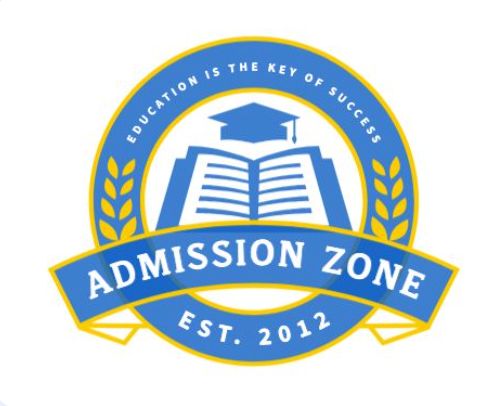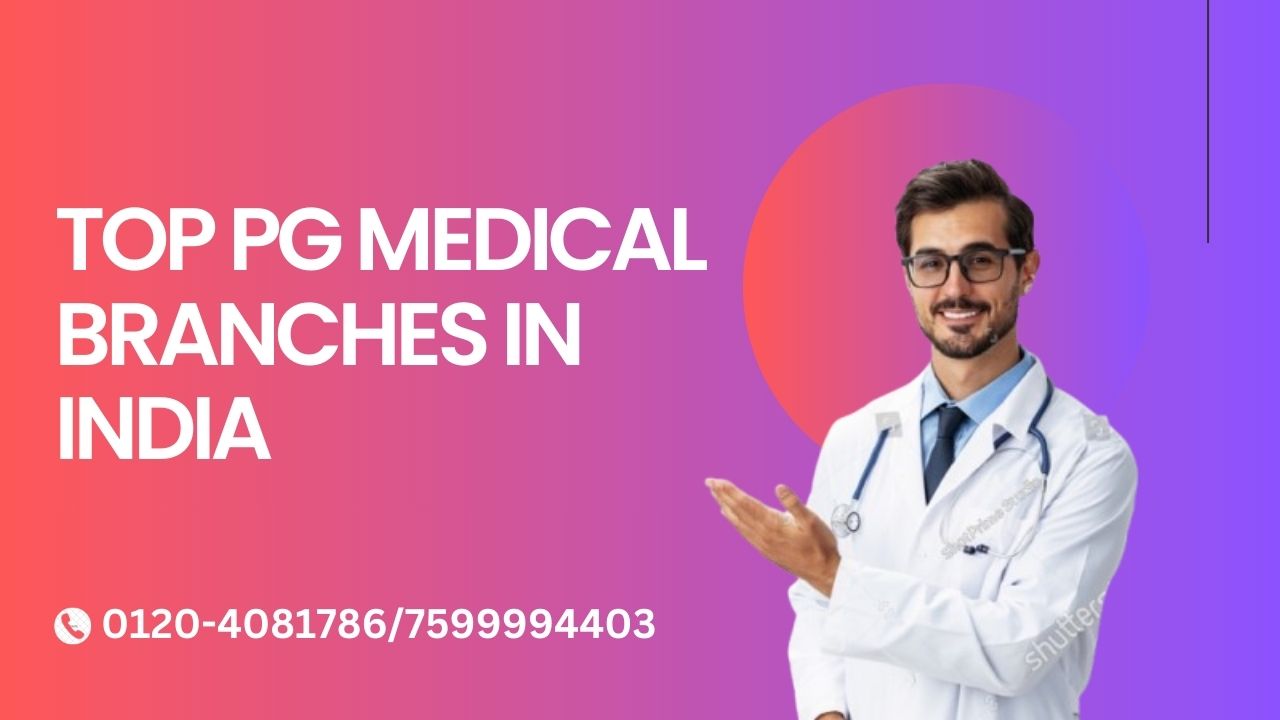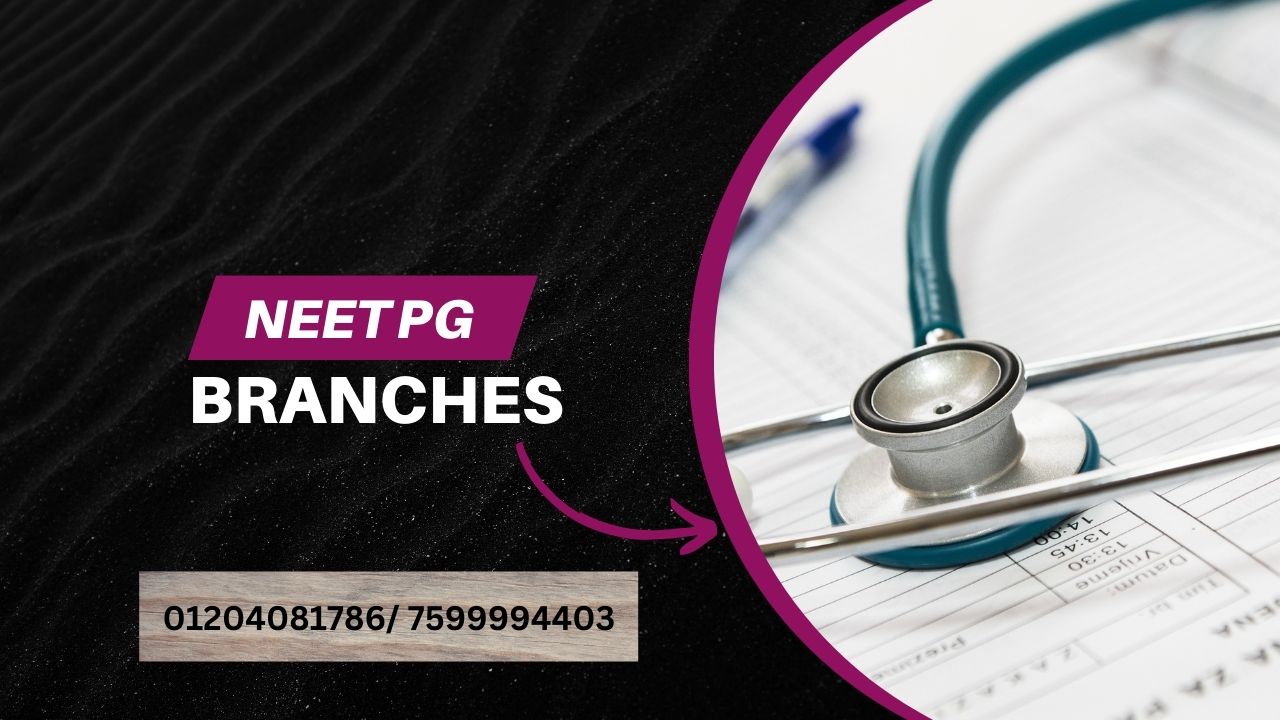
Non-clinical branches after MBBS focus on research, teaching, and lab work, such as anatomy, physiology, and pharmacology.
Non clinical branches after MBBS in healthcare require good communication skills, and problem-solving skills. Employees in these jobs work in the backend, so being oriented and good with technology helps you a lot. Teamwork is also important, as you’ll sometimes work with doctors, nurses, and other staff. Time management and the ability to stay calm under pressure are also valuable. Whether in administration, data analysis, or support services, these skills help hospital work to run smoothly for everyone.


Popular Non Clinical Branches after MBBS
After completing MBBS, many students choose non-clinical branches for a balanced lifestyle and different career paths. Popular options include Public Health, Hospital Administration, Medical Education, and Health Informatics. These fields let doctors work beyond direct patient care. Specializing in fields like Pathology, Microbiology, or Pharmacology is also in demand for non clinical branches. These roles include research, teaching, and lab work, providing you stable jobs with less stress than clinical branches. They’re good choices for those who prefer academic or administrative roles.
Unconventional Non Clinical Branches After MBBS
After completing MBBS, many doctors research about unconventional non-clinical branches that go beyond hospitals and patient care. These include fields like medical writing, healthcare management, public health, and health informatics. Such careers allow doctors to use their knowledge in impactful ways without direct clinical practice.Some also choose fields like medico-legal consultancy, medical entrepreneurship, or digital health startups. These options provide you more flexibility, give you work-life balance, and opportunities for innovation. Choosing a non-clinical branch doesn’t mean leaving medicine—it’s simply applying it differently to serve society.
Role of Healthcare Technology in Non Clinical Branches
Healthcare technology is changing the way we care for our health. From smartwatches that track heart rates to apps that remind us to take medicine, technology helps people stay healthier and get the care they need. Doctors can now check test results online and talk to patients through video calls, saving time and effort.
Hospitals also use advanced machines to detect diseases at an early stage and treat them better. With tools like robotic surgery and digital records, treatments are safer and more accurate. Healthcare technology makes life easier for both patients and doctors.
Benefits of pursuing non-medical courses after MBBS
Starting non-medical courses after MBBS can open new and exciting career paths for doctors. These courses help students explore fields like hospital management, public health, healthcare administration, medical writing, or business. They allow doctors to use their medical knowledge in different ways without being limited to clinical training. This can also reduce stress and burnout that many doctors face in hospitals.
Non-medical courses also provide better work-life balance and diverse job opportunities. Doctors can work in corporate sectors, research, teaching, or healthcare startups. These careers generally provide stable income, growth opportunities, and personal satisfaction while still contributing to the healthcare system in a meaningful way.
Popular Non-Clinical Branches After MBBS
After completing MBBS, many doctors choose non-clinical branches for various reasons, including interest in research, better work-life balance, or career growth. Popular options include Public Health, Hospital Administration, and Medical Education. These fields provide backend work without direct patient care. Other non-clinical paths include Health Informatics, Medical Writing, and Careers in Pharma or Healthcare Management. These roles allow doctors to use their medical knowledge in different ways, contributing to healthcare systems, policy-making, or communication.
Non-Clinical Branches for MD
After completing UG, many doctors choose non-clinical branches that don’t involve direct patient care. Popular options include MD in Community Medicine, Hospital Administration, and Health Informatics. These fields focus on managing healthcare systems, improving public health, and using data to guide medical decisions. Doctors can also pursue their careers in medical research, medical education, or pharmaceutical companies. These roles allow them to contribute to healthcare in different ways, providing stable careers with a good work-life balance and opportunities for growth.
Skills Required for Non-Clinical Roles
Non-clinical roles in healthcare don’t include treating patients directly, but they still have an important role in keeping everything running in a good way. These roles need good communication skills, teamwork, and the ability to stay organized. These employees generally work with doctors, nurses, and patients, so being friendly and helpful really matters.
Other important skills include problem-solving, using computers, and managing time well. Some roles may also need knowledge of healthcare systems or data. Even without medical training, non-clinical staff help make sure patients get the best care possible.
Tips for Choosing a Non Clinical Branch After MBBS
Choosing a non-clinical branch after MBBS can be good if you’re interested in roles other than direct patient care. Start by understanding your strengths—whether it’s teaching, research, management, or data analysis. Fields like medical education, hospital administration, public health, and medical writing provide you with a good career.Also, think about your long-term goals and lifestyle preferences. Some non-clinical careers provide you with the best work-life balance. Talk to professionals in those industries, research about job opportunities, and consider further studies like MPH, MBA, or PhD based on your interests.
Paraclinical Branches for MD
Paraclinical branches for MD focus on understanding diseases and supporting clinical work through lab and diagnostic studies. Common choices include MD in Pathology, Microbiology, and Pharmacology. These fields don’t involve direct patient care but are good for accurate diagnosis and treatment. Doctors in these branches work in labs, teach medical students, or join research and pharmaceutical companies. Paraclinical MD courses provide you a balanced lifestyle, academic opportunities, and a good role in improving patient outcomes through behind-the-scenes medical support.
Non Clinical Subjects in MBBS
Non-clinical subjects in MBBS form the base of a medical student’s understanding before they begin dealing with patients. These subjects include Anatomy, Physiology, and Biochemistry, which explain how the human body is built and how it works. They also include subjects like Pharmacology, Pathology, and Microbiology that help students understand diseases and medicines. Though there is no direct patient contact, these subjects are very important because they give students the knowledge and confidence needed for clinical training and future medical practice. They make the learning journey smoother for every beginner.
Benefits of Pursuing Non-Clinical Branches
Getting admission into non-clinical branches provides you many benefits, especially for those who enjoy science but prefer working without direct patient contact. These fields include activities like medical research, healthcare management, or medical teaching, providing opportunities to contribute to health without the pressure of clinical duties. These programs provide you work-life balance and less stressful work environments.Also, non-clinical careers provide you good job options and the chance to specialize in a unique non clinical field. They allow people to use their skills in innovative ways, helping improve healthcare systems and patient outcomes indirectly but effectively.
Health Administration and Management
Health administration and management is about organizing and running healthcare services in a systematic way. It includes planning, coordinating, and supervising hospitals, clinics, and other health organizations to make sure that patients get the best care possible. People in this field work in the backend to handle budgets, staff, and resources efficiently.Good health management is also important because it helps hospitals to operate well and meet patients’ needs. It also makes sure healthcare services are affordable, accessible and improve the overall health of the communities.

FAQ’s
Ans- Non-clinical branches after MBBS are medical careers that don’t include direct patient care, focusing on research, education, or administration.
Ans- Someone might choose a non-clinical path after MBBS for work-life balance, diverse interests, or non-patient-focused career goals.
Ans- Main non-clinical branches after MBBS include Public Health, Hospital Administration, Medical Education, Pathology, Microbiology, Pharmacology, and Health Informatics.
Ans- Non-clinical branches provide stable jobs, have increasing demand in healthcare, research, education, and administration with good work-life balance.
Ans- Non-clinical branch salaries are generally lower than clinical roles but provide stability, less stress, and better work-life balance.
Connect with Us
Start your medical educational journey with the Admission Zone! Contact us today on 9205488482/ 7599994403 or WhatsApp us to explore a world of educational possibilities in the state and secure your admission to a brighter future.
MD / MS ADMISSION IN INDIA — STATE-WISE
Conclusion
Choosing non clinical branches after MBBS provides you many career options. Whether you’re in teaching, research, technology, or healthcare management, there’s a role that can match your skills and interests. These careers provide you stability, flexibility, and the chance to make a real difference in the healthcare industry. By understanding your strengths and analysing all your available options, you can get a job in a branch that’s both fulfilling and balanced, helping you contribute to medicine in your own unique way.







